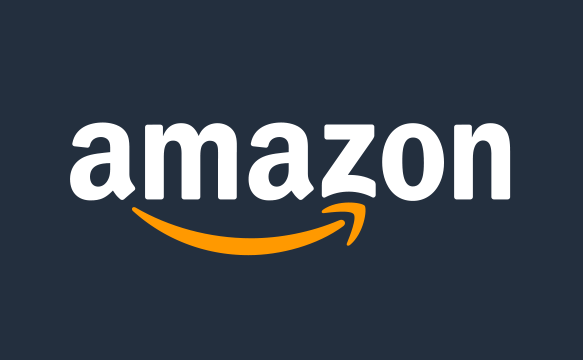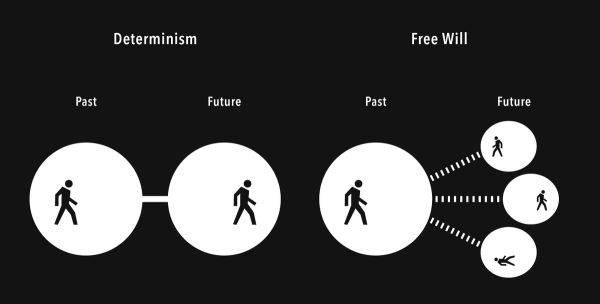Should Amazon Pay More Taxes?

As millions of people have lost their jobs during the Covid-19 pandemic and over 100,000 small businesses have shuttered (The Hill), Amazon founder Jeff Bezos has gained $73 billion. According to Fortune magazine, Bezos alone is worth more than companies such as Nike Inc or Exxon Mobil. Bezos’s prosperity in the face of the worst economic downturn in over a decade has many upset and concerned about the growing role of this business giant in their daily lives.
In the Summer of 1995, Jeff Bezos started Amazon, at the time an online book distributor, out of his garage. This was a gamble—he told his parents that they would likely lose their $250,000 investment. 25 years later, Jeff Bezos controls 11% of his company and has amassed a fortune of $183 billion. Bezos bet on the rise of the internet and e-commerce and won big. Yet the rise of Amazon and e-commerce as a whole have correlated with a decline in brick and mortar retail across the United States. Over a third of the U.S population has a Prime account, and Amazon has expanded into grocery stores, web services, gaming, and music as well as countless other fields. As many became restricted to their homes, they used Amazon Web Services for watching Netflix, Amazon Fresh for groceries, and Amazon Prime for delivering essentials.
With Amazon’s increase in revenue over the pandemic, one would expect that Amazon’s taxes have increased substantially. Although their yearly tax report has not yet been released, reports of previous years have shown out of the $30.1 Billion in its profits between 2017 and 2019, Amazon paid a negative 104 million in income tax (CBS). Negative tax rates mean that the IRS paid amazon 104 million dollars. In 2019 Amazon paid around $162 Million, although this was only 1.2% of their income. This is much lower than the average corporate income tax rate in America, which is around 12%, although it varies by state and income bracket. Even though the corporate tax rate was lowered in 2017 to 21%, the average effective tax rate for many large businesses is 11%. As of a 2018 article by Business Insider, many tech companies even had negative tax rates, including JetBlue, General Motors, IBM, and Netflix.
As with many political and economic issues facing the United States, the 2020 election will determine the future of the corporate tax code in America and how much Amazon will pay. Both Republican incumbent Donald Trump and Democratic nominee Joe Biden have been critical of Amazon and its founder in the past. But, in the past four years, Trump’s history with tax cuts for corporations makes him an unlikely candidate for tax reform. In fact, a study by the Congressional Research Service showed that his 2017 “Tax Cuts and Jobs Act” had a negligible effect on the economy despite lowering taxes on individuals and corporations by around $160 billion.
Although he has proposed much less than his counterparts to the left, Biden has stated that Amazon should “start paying their taxes” and will presumably change tax codes if he is elected. He says this at a time, though, when many progressives have proposed much more in the way of breaking up large tech companies such as Amazon and Google parent Alphabet. He has shied away from anti-monopolistic policies and a significantly higher wealth tax, both major components of Bernie Sanders and Elisabeth Warren’s plans. Mending the financial fallout from the Coronavirus pandemic will certainly be one of the top priorities for the Biden administration.
As many of the largest chains in retail file for bankruptcy and over 100,000 small businesses have permanently closed, Amazon has prospered. In a time of great financial strife for many Americans, we need tax reform for Amazon and tech companies like it. The federal government needs revenue more than ever with the national debt soaring; many states have already begun to cut their budget, including those of schools and social welfare programs. The EPI (Economic Policy Institute) states that, without government stimulus to state and local governments, a “prolonged depression” is imminent. Amazon has been hugely successful and, given the economic situation in the United States today; it is only fair that Amazon pays its fair share.
Grade: 12
Years on Staff: 3
Why are you writing for the Flintridge Press?
The Press has been a great way for me to share my writing on politics...






